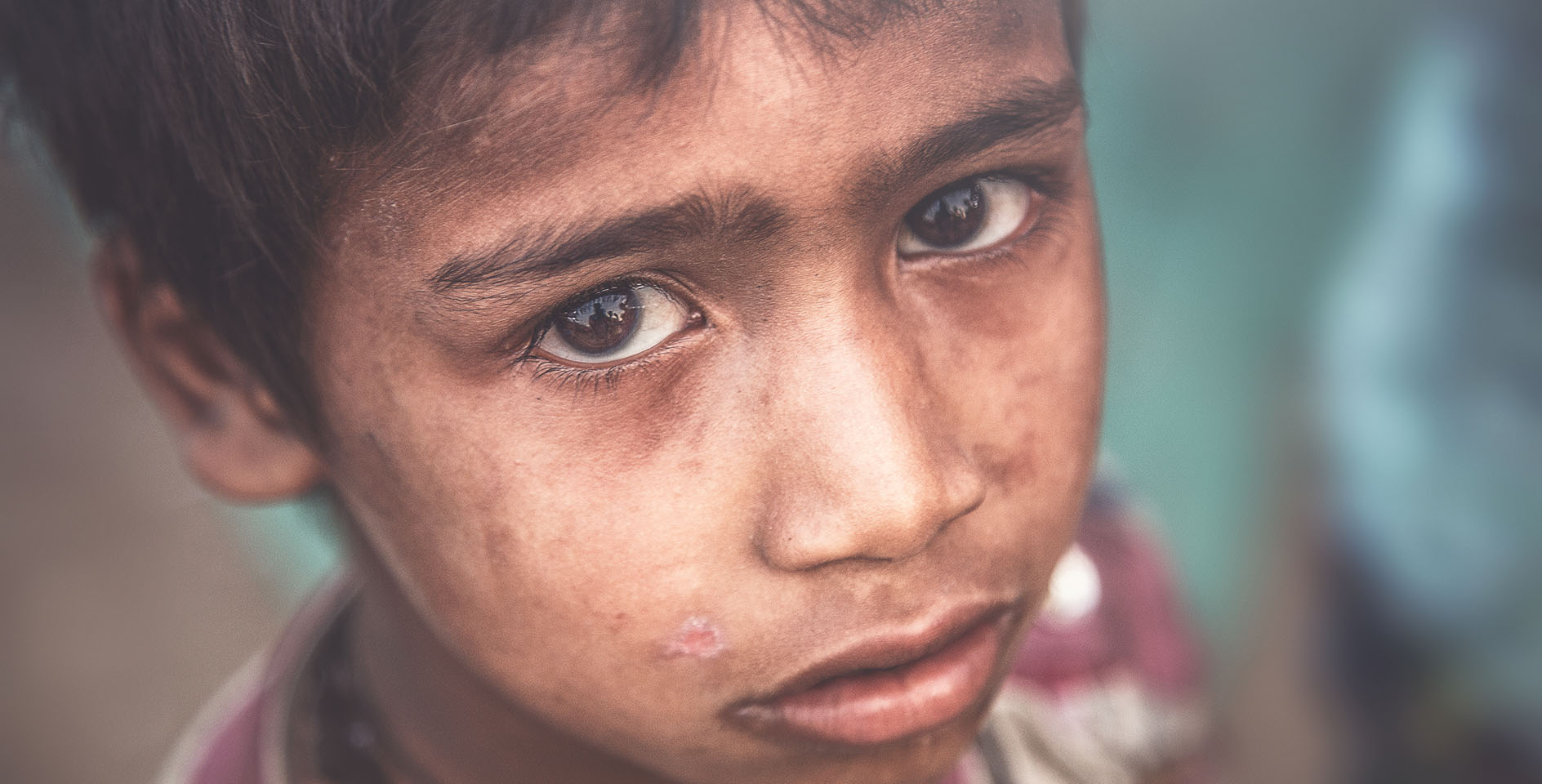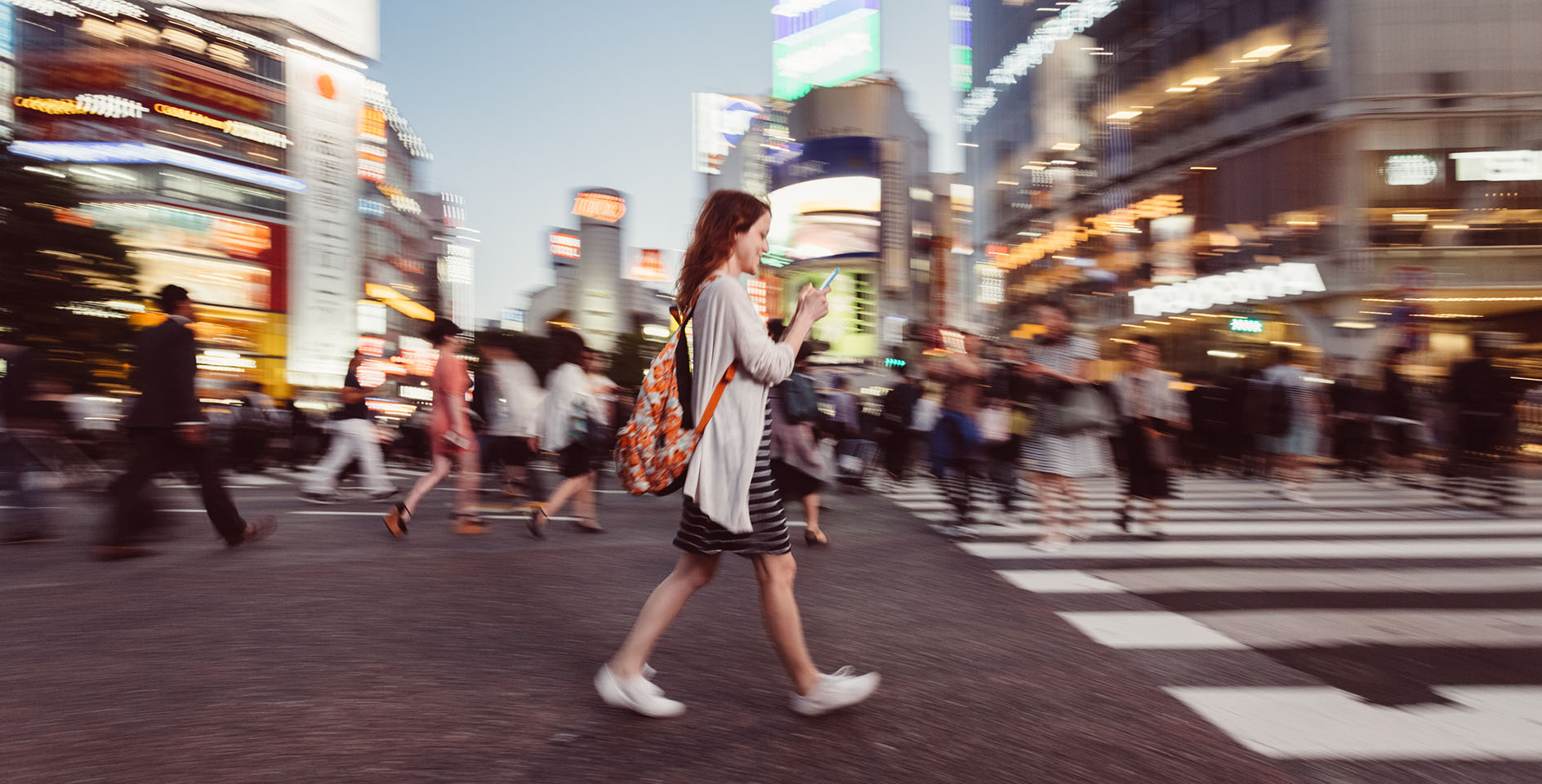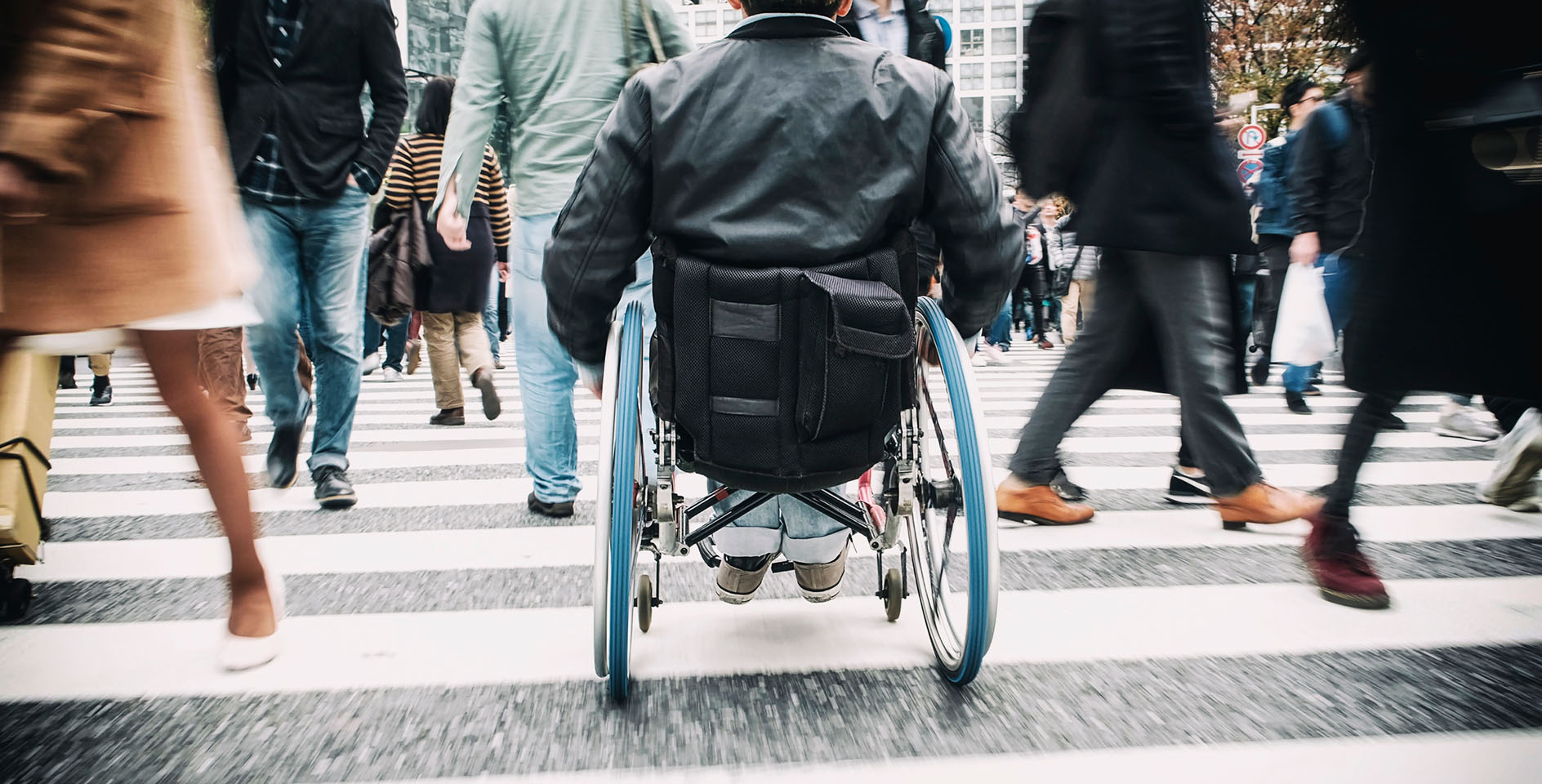In 1993, a photojournalist took a photo that has become iconic and controversial. Titled “The vulture and the little girl,” it shows a young, starving, small girl being stalked by a vulture preparing for her to die. In the context of the 1993 Sudanese famine, the image was instantly iconic, with The New York Times running the image on their coverage. However, it became controversial because of the public’s question: “Did she survive? Did you help her get to the food station?” The photographer did not (journalists were encouraged not to interact with their subjects at the time to avoid spreading disease), and instead was careful to not scare the bird away before he got his shot. He did scare the bird away after the picture, but still left the weak girl on the ground instead of taking her to the food station where her parents were attempting to get food.
“Did you help her?”
The image is a stark reminder of the incredibly tragic results of famine and hunger. However, it is also a reminder of the ability of humans to turn our eyes away from the tragic, or place a filter between ourselves and the world around us. At its most basic level, the public’s question is the same one that we all should be asking: “Did you help her?” In an age where we are surrounded by so much tragedy and news of devastations across the world, there is an understandable need to prioritize what we can do. However, when faced with such a clear instance of need and scarcity, the response should be to help. The photographer should have helped her. Yet, it was easier to turn away once his job—chronicling the devastation rather than responding to it—was complete.
The tendency to turn away is one that we all know well. It’s avoiding the eyes of the homeless individual panhandling on the corner at the stop sign. It’s quickly scrolling past the Facebook post detailing hardship. It’s the discomfort that comes from hearing a child tell about their family’s home life, and learning how they have struggled since the economic downturn.
We don’t like that discomfort. It makes us feel like we are guilty for what we do have. So we turn our eyes away and choose to ignore it. That’s someone else’s problem. Not ours. We don’t have time to stop and help. So we push down the discomfort and tell ourselves that we are doing our job, and it’s someone else’s responsibility, just like the photographer who walked away as soon as he had taken a picture that would win him a Pulitzer.
More tragic than ignoring the problem is the way that we tend to relegate it to something happening somewhere else. To read accounts of the image, the journalist saw everything through the lens of his camera. It was a mediated world that he inhabited. On one level, this is expected for a journalist who covers some of the worst situations around the globe (he had spent years covering violence and civil war in Africa). A level of distance is to be expected.
Yet, the distance required to leave a starving girl on the ground after a vulture was just stalking her requires turning off a piece of our humanity. It’s the piece that causes people to run into flames to save a child they don’t know. Or the way that strangers will rally around a struggling family to provide for them. We recognize that this person holds inestimable worth and dignity, and we should treat them accordingly. We don’t leave them in the dirt.
But when life is mediated through a camera lens (or for most of us a smartphone), it is easy to see not people but images. We don’t mean to dehumanize others. But when you experience people through a filter, then it becomes easier to also push every other emotion or desire through the same filter. We start to think that reports of tragedies are just numbers and normal realities, rather than evils we must resist with every fiber of our being, the lingering effects of a broken world crying out for redemption. When we assume that mindset, then it becomes easier to turn that blind eye. One death may be a tragedy, and a million a statistic (as is often cynically claimed), but when news of that death comes to us in the same way that we watch mindless cat videos, then it is just one more piece of information for us to consume for a moment and then discard for the next factoid to cross our timeline.
Hunger and poverty are areas that are especially difficult for Americans to truly understand, and thus make us even more likely to turn away. I may not like what‘s in my fridge, but there is always something there. We may see poverty around us, but often it is confined to a place, not widespread. And so we turn away because we don’t want to reckon with the discomfort that we feel. However, for Christians this is not an option. Like the Samaritan who cared for the dying man on the road, and Jesus’ reminder that when we served the least of these we served him, we do not have the option to turn our eyes away from the tragedy around us.
Practically, this means that we must be looking for those opportunities around us to serve the world. Unless you are a tech billionaire or an expert in public policy, then it is unlikely you will be able to solve hunger and poverty. However, you can search for ways to serve the individuals around you. This might mean volunteering at homeless shelters and providing donations. But ideally it goes beyond simple incidental moments and instead is a life characterized by attention to the problem. We should not confine our love of neighbor to the holidays or special emphasis days, but rather see the need around us every moment. Yes, we can try to solve the immediate problem, but we must also look at how we might develop a long-term relationship that has the potential to help an individual with their ongoing hunger or economic situation.
In a social media age, we need to guard against issues like hunger becoming just a fact that we know because of our screens and constant stream of information. The statistics and data we hear in reports are snapshots of the real-life experience of those suffering. We can’t let our heart be turned off so that we don’t have to be incovenienced. Those suffering don’t have that luxury, and we shouldn’t either. Instead of turning our eyes away in the face of tragedy, let us be the people who work tirelessly to see that suffering eradicated in Jesus’ name.










